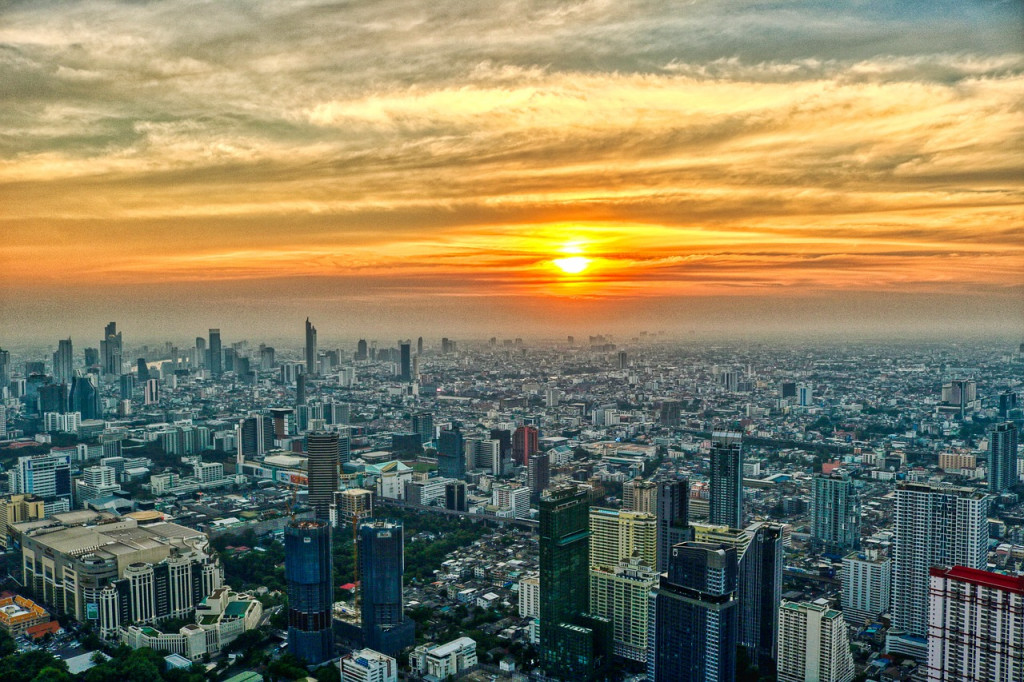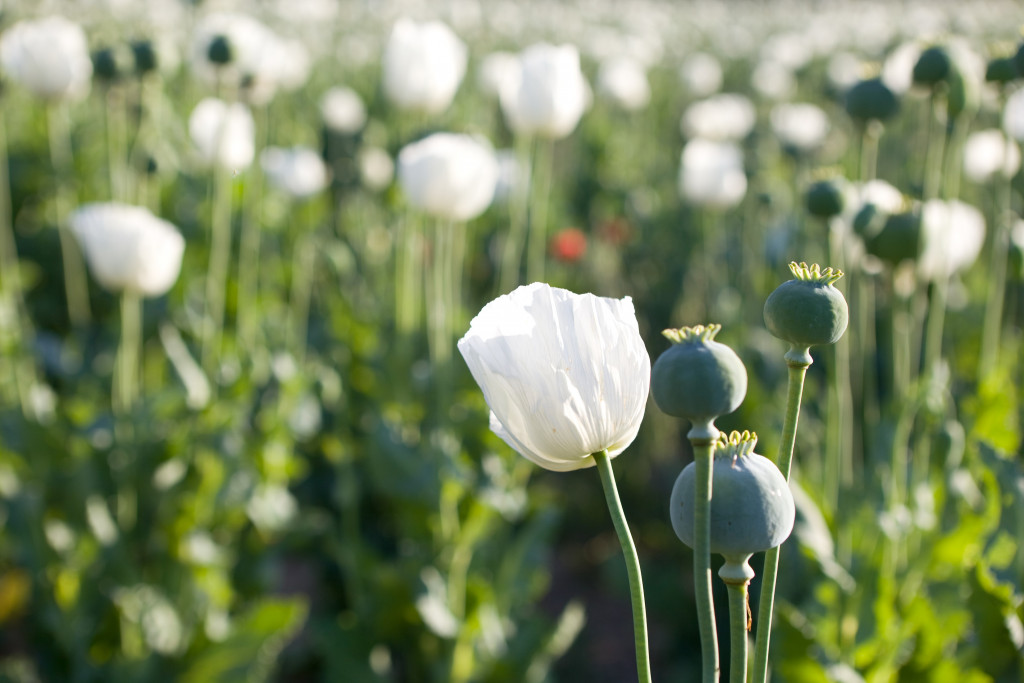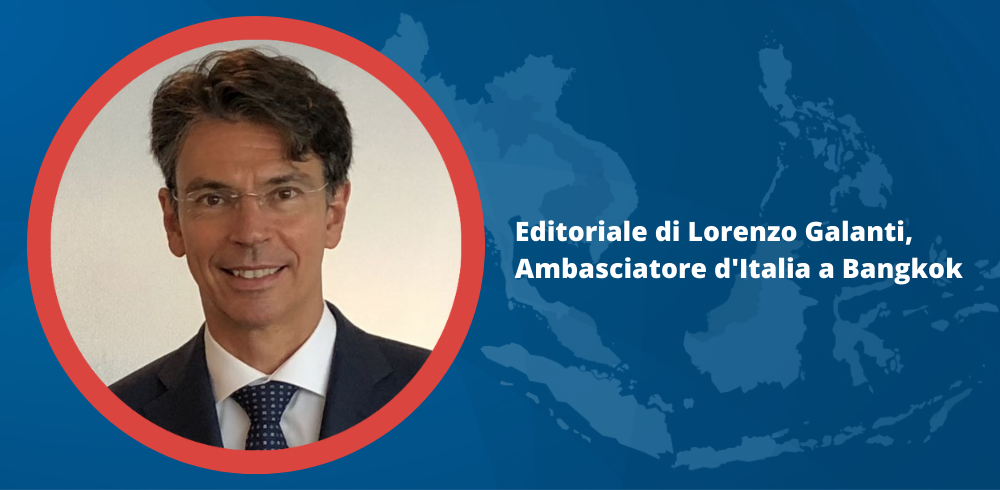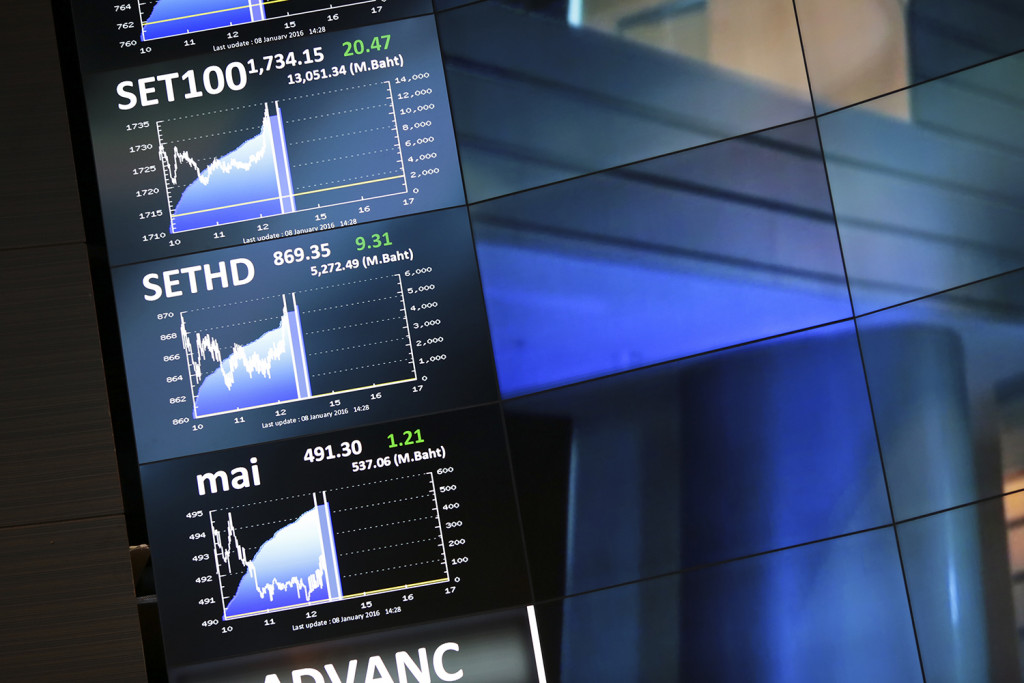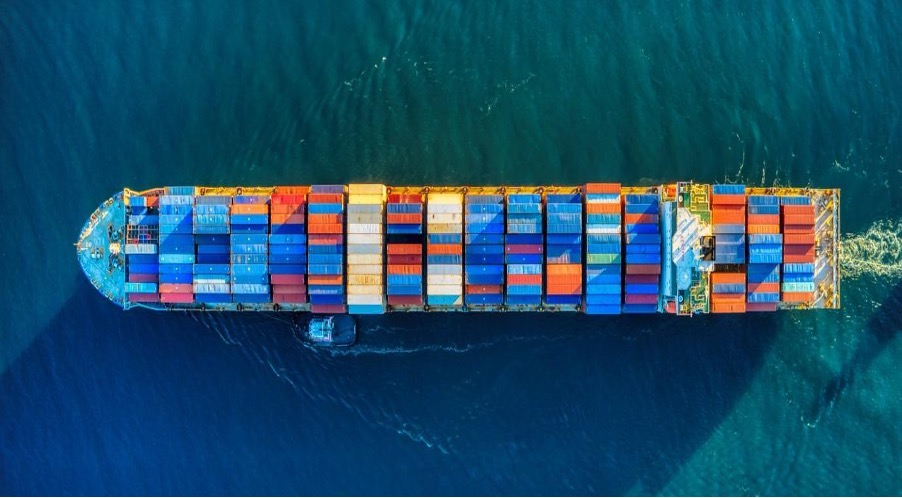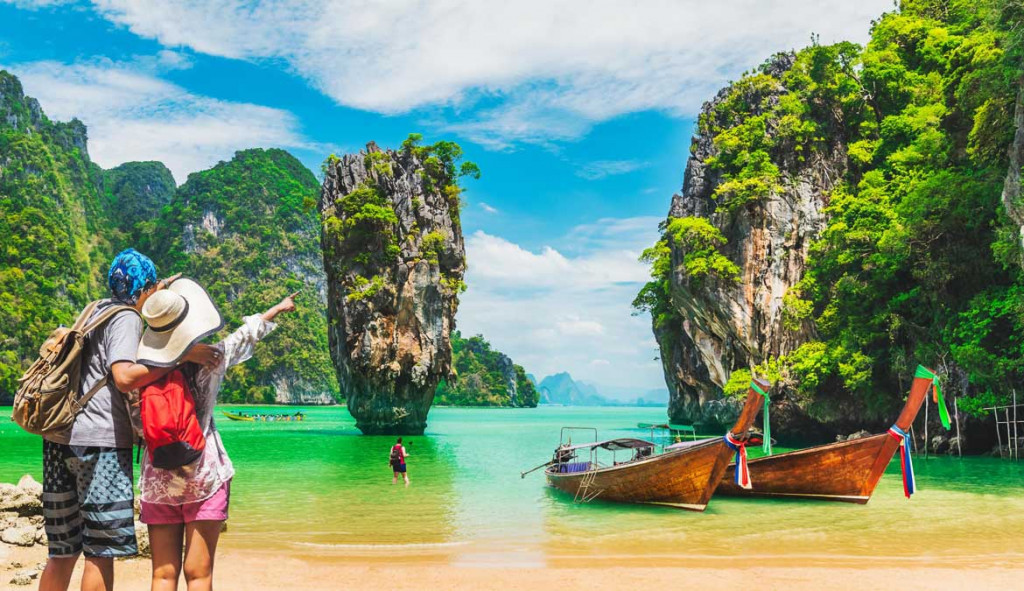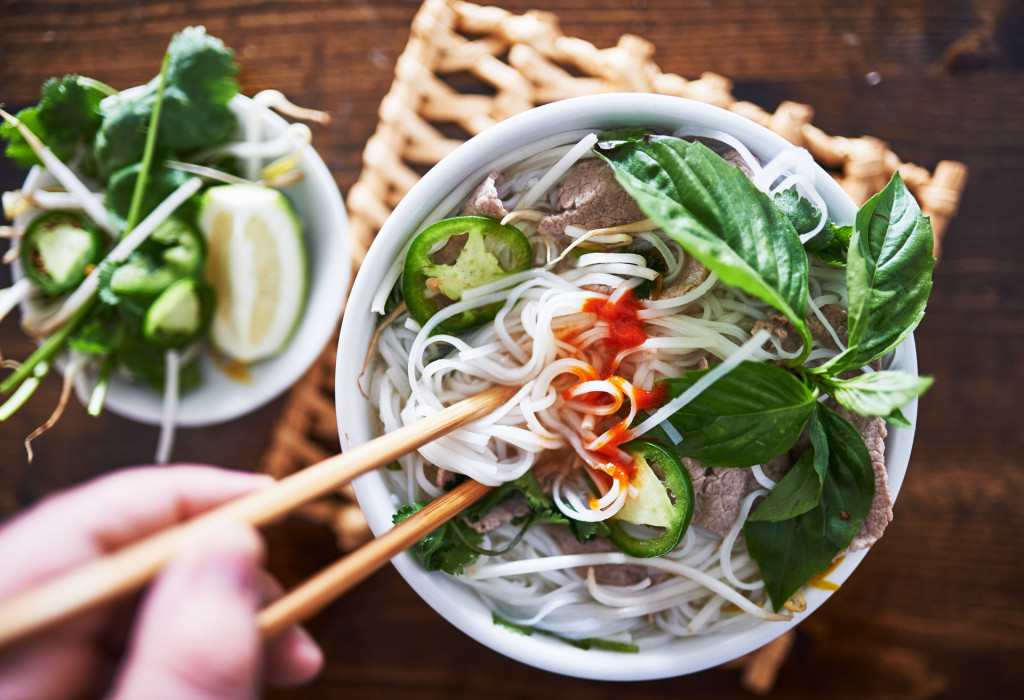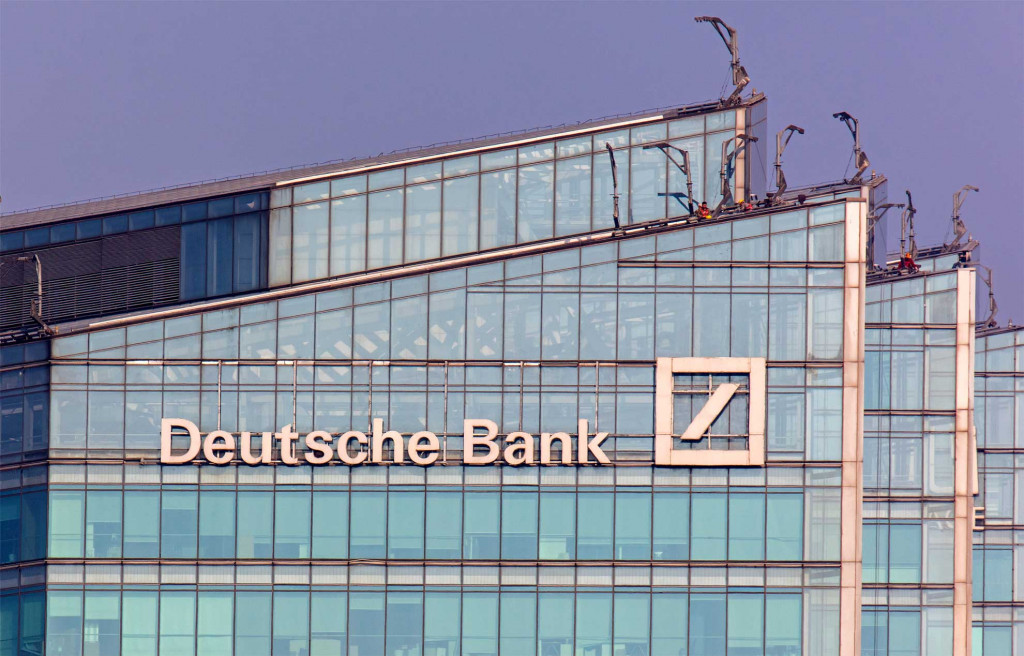Lack of vaccines, skepticism, and discontent towards the management of the pandemic are slowing the restart.
Thailand was one of the few countries that managed to keep the coronavirus under control during the first phase of the pandemic, but more contagious variants such as the Delta have caused a surge in new cases and deaths since last April. According to data from Johns Hopkins University, since the beginning of the third wave, the total cases recorded in the country have risen exponentially in less than six months (from just 30,000 at the beginning of April 2021, to more than a million in mid-September), as well as the number of total deaths (from 95 to 15,000 in the same period), putting pressure on the already fragile health system. The situation has plummeted to such an extent that Bangkok has plunged to the 118th place in the Nikkei Asia post-COVID-19 economic recovery index, ahead only of Myanmar, the Philippines and Vietnam. Among the main causes of this new situation of emergency we find the difficulties encountered during the vaccination campaign: according to official government data as of September 20, only 40% of the population received at least one dose of the vaccine, and just 20% both doses.
According to the government plan, the country would aim to achieve herd immunity by 2021 but given the lack of doses and the growing skepticism of Thai citizens towards the vaccines proposed by the executive, the goal seems to be far off. Currently, the only two vaccines available to most of the population are Astrazeneca and the Chinese Sinovac, towards which Thais remain quite mistrustful. The government has not ordered stocks of mRNA vaccines (such as Pfizer and Moderna), considered by much of the scientific community to be more effective and with fewer side effects. However, the situation could change in the coming months, as private hospitals are autonomously procuring Pfizer and Moderna vaccines and the country itself is about to start human trials of its own first COVID-19 mRNA vaccine, developed by Chulalongkorn University in Bangkok.
At the start of the pandemic in 2020, the Thai government announced that it had reached an agreement with AstraZeneca to obtain the vaccine and transfer the technology of the Anglo-Swedish company to Siam Bioscience, owned by King Vajiralongkorn, to ensure local production. At the same time, Bangkok has not considered entering contracts with any other pharmaceutical company and has even decided not to be part of the COVAX collective distribution program. However, putting all the eggs in one basket did not prove to be a winning strategy: the doses of AstraZeneca obtained were far fewer than originally planned and, by the time the situation got out of control, it was too late to find other effective vaccines on the market. For this reason, the government was forced to continue the vaccination campaign with the Chinese vaccine Sinovac, available in huge quantities.
So far AstraZeneca, despite being the priority vaccine according to the national plan, accounts only for about 40% of the total inoculations, while Sinovac, which is relatively less effective against the Delta variant, 60%. The local population itself is very wary of the Chinese vaccine, as popular hashtags on social media and polls conducted by YouGov have shown. The reasons for this skepticism can be found both in recent reports of thousands of cases infected with COVID-19 despite the Sinovac vaccinations, and because there are fears the presence of political interests behind the adoption of the Chinese vaccine (starting from unverified rumors on links between the Thai conglomerate Charoen Pokphand and the vaccine producers). Finally, general dissatisfaction with the difficulties encountered during the vaccination campaign has only aggravated the discontent towards the military-backed government, generating large and continuous demonstrations against the executive, thus breaking a long-lasting truce.

